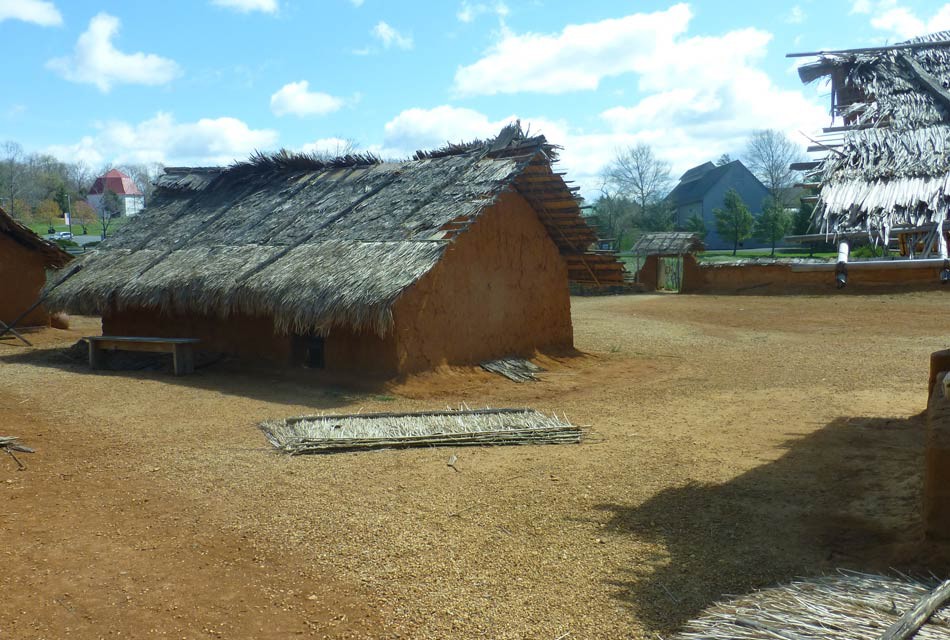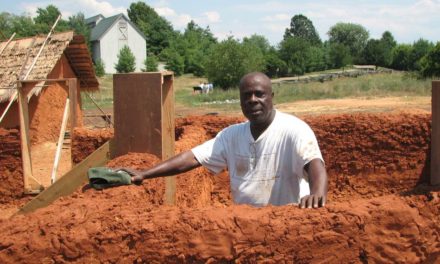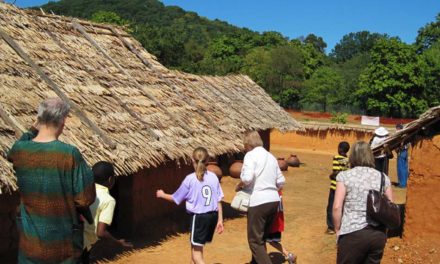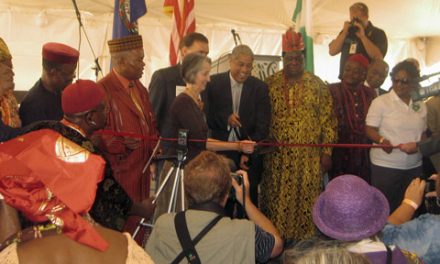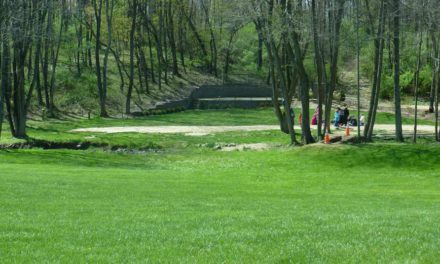A Brief History of Igbo Village
During the transatlantic slave trade, thousands of enslaved Igbo people came directly to Virginia via shipping ports in Calabar and Bonny. Igboland was the principal source of the labor force in the tobacco plantations in Virginia in 1740s. At a point, Igbos outnumbered and eventually replaced their Irish indentured counterparts.
The Igbo laborers produced the tobacco that became the mainstay of the Virginian economy. The Igbo also provided the labor in the Black Belt that made cotton king. And they continued to contribute to nation building and the development of the frontier culture in the United States. Thus the Igbo were among the first effective Anglo-America settlers and among the first groups to cross the Cumberland Gap to open the gateway for the territorial expansion of the United States.
Thus the building of the Igbo Farm Village in Staunton, Virginia, like the English, German, and Irish Farmsteads, built by American Frontier Culture Foundation, is a tangible recognition of the contribution of the Igbo people to the first English permanent settlement of Virginia, to American nation building in the United States, and to the development the greater American frontier culture.
For more information, read this Introduction to Igbo Village by Ticha Akuma, the brain behind the research on the Igbo Farm Village located in Staunton, Virginia, USA.

